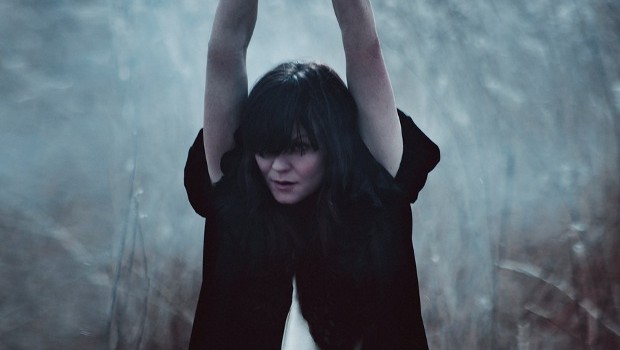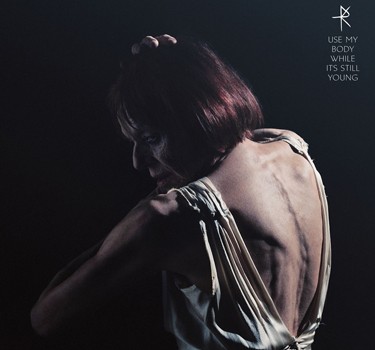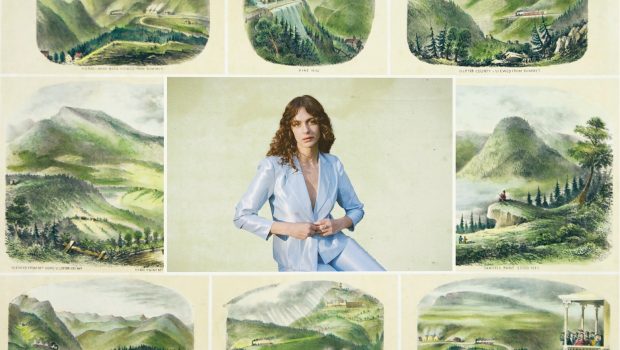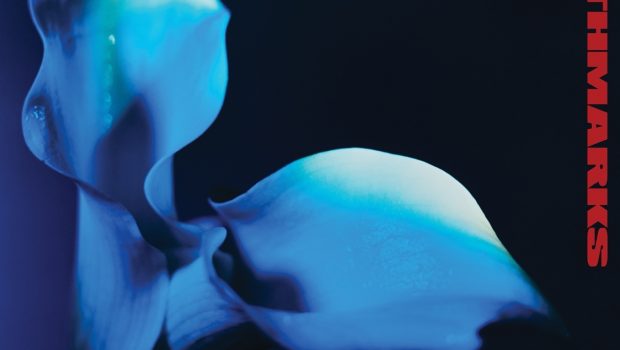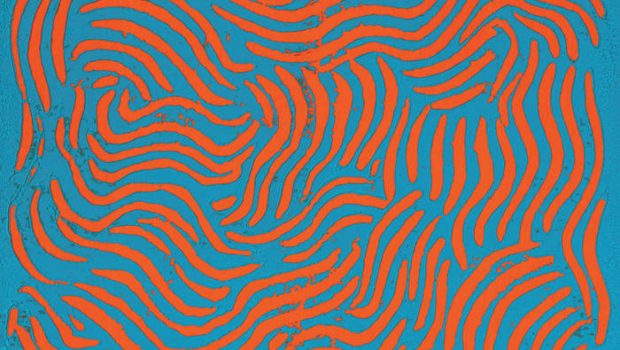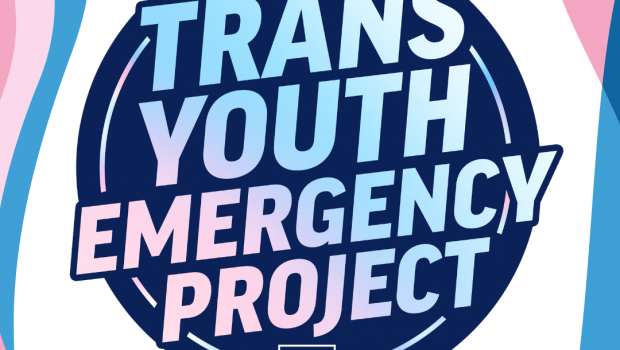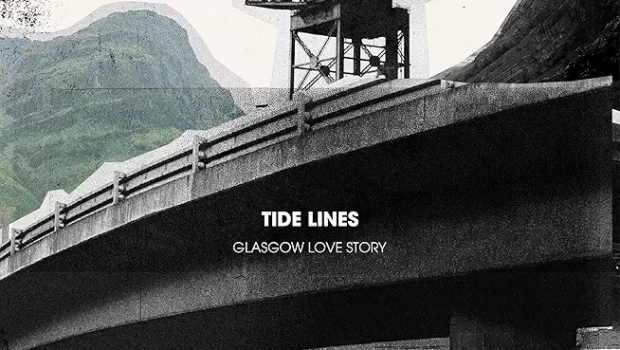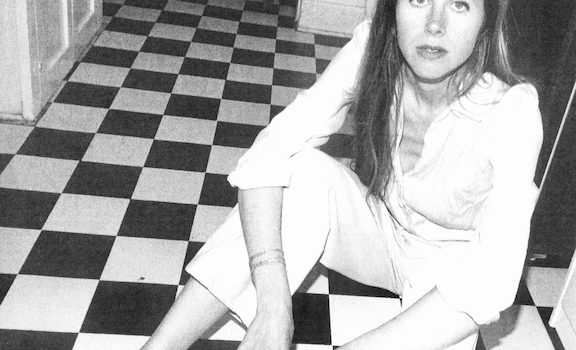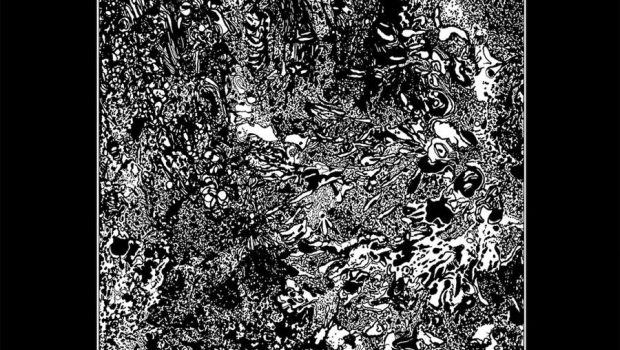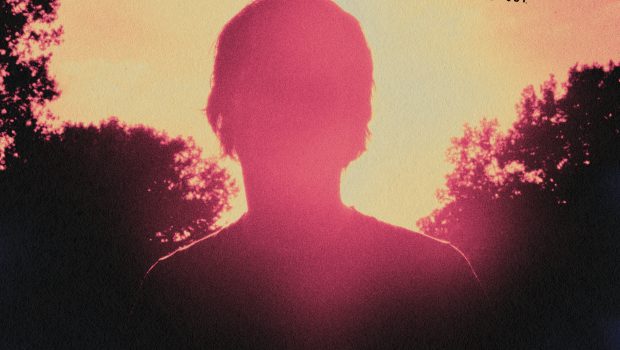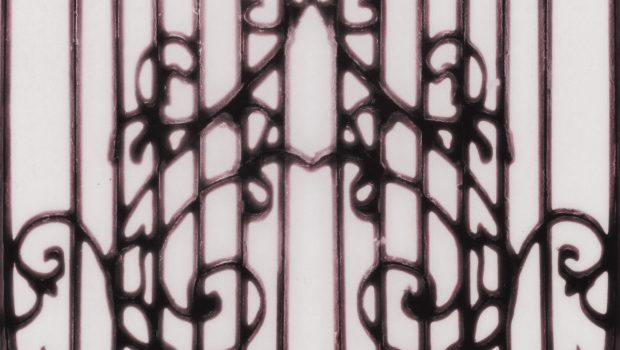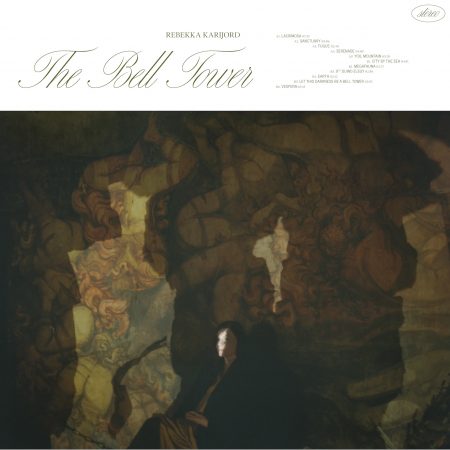 The seventh album by composer Rebekka Karijord has a multifaceted backstory that captures the imagination. Six years ago, she contacted the linguistics department at Stockholm University who undertake voice research with contact microphones used by people that have hearing and vocal disabilities. After the university made a few microphones for Karijord, she created a sample machine by recording the voices of 25 female, non-binary and male singers from around the world. Her latest album, ‘The Bell Tower’, is built around this instrument using delays and manipulating the pitch to create the basis for its sound.
The seventh album by composer Rebekka Karijord has a multifaceted backstory that captures the imagination. Six years ago, she contacted the linguistics department at Stockholm University who undertake voice research with contact microphones used by people that have hearing and vocal disabilities. After the university made a few microphones for Karijord, she created a sample machine by recording the voices of 25 female, non-binary and male singers from around the world. Her latest album, ‘The Bell Tower’, is built around this instrument using delays and manipulating the pitch to create the basis for its sound.
Next, she engaged Roomful of Teeth, an American voice ensemble and started scoring music for eight of them. The final conceptual framework came when she heard an interview with the Buddhist poet and philosopher, Joanna Macy, on the podcast ‘On Being’ during which she spoke about “grief over a changing world.” Consequently, Karijord began setting music to poems about Rainer Maria Rilke which Macy had translated. These poems describe a longing for the natural world and its disintegration, themes that have been a constant in Karijord’s work, including her soundtrack for the documentary, ‘I Am Greta’, about the Swedish climate activist.
Rilke’s ‘Let This Darkness Be A Bell Tower’ lends the album a segment of its title and its belief in the transformative power of art to create beauty from darkness. The record begins with the seven-and-a-half minute ‘Lacrimosa’ which samples part of the interview with Macy as she contemplates environmental collapse whilst saying “Thank you mountains, thank you rivers. And we’re learning how do you say goodbye to what’s holy and sacred.” This opening segment is a bit dry and reminiscent of a documentary voiceover but gradually the sample instrument takes over, becoming an unsettling and mesmerising chorus of distressed voices that appear to be mirroring that disintegration.
The lead single, ‘Sanctuary’, is a better representation of ‘The Bell Tower’. Addressed to her two young daughters, it has some horrifying imagery (oceans at the doorstep, sun turning hostile and sanctuary being broken) yet also feels calming in its layering of voices. Later, ‘City By The Sea’ returns to this environmental theme as it describes sinking into a toxic tide; the contrast between the clear harmonies of the foregrounded vocals and the looped sampled voices works to mesmerising effect.
‘Serenade’ is the most spectacular example of what Karijord can achieve. The voices create a pagan form of early choral music, telling of laying down on mossy ground, becoming one with blood, veins, grass, stones. It manages to feel spiritual yet earthy, peaceful yet unsettling. ‘9th Duino Elegy’ sees them dive deepest into the classical tradition; Roomful of Teeth’s voices are spellbinding as they evoke transformation wrought by earth and the knowledge that “I can trust the death you bring.” It successfully evokes Karijord’s theory that we are all made of the same stardust and that destroying nature also destroys ourselves. The use of delay gives ‘You, Mountain’ the feel of a looped barber shop quartet while the sample machine produces a rhythm suggesting machinery operating. The Rilke inspired ‘Let The Darkness Be A Bell Tower’ builds to vocal crescendos in its paeon to overcoming intensity of pain (“If the drink is bitter, turn yourself to wine.”)
Even songs without any recognisable words like ‘Fugue’ create an immersive atmosphere. At times, it is reminiscent of the way Laurie Anderson’s ‘O Superman’ builds sound from experimental techniques and how music can still have a definite sense of rhythm without deploying any conventional percussion instruments. ‘Megafauna Pt.1’ has a terrifying growling hum and could be taken from a horror film soundtrack while ‘Earth’ forms a torment dream. The closing ‘Vespera’ serves as an elegy for humanity, the voices rising and tumbling, it feels bleak, emotions unravelling.
For an album that evolved from an experiment, ‘The Bell Tower’ is remarkably fully realised in its fusing of an array of musical styles: experimental, classical, ambient, electronic and choral. Stripped of any other instrumentation, it displays the power of human voices and centres the emotions while maintaining a surprisingly rhythmic element.
Rebekka Karijord: The Bell Tower – Out 25 April 2025 (Bella Union)
